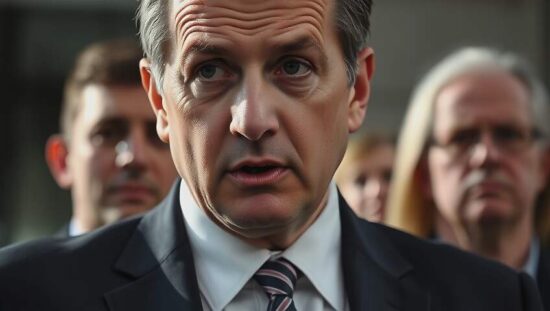Industry representatives from the German heating sector have strongly opposed a proposal from the governing coalition to reduce subsidies for heat pumps in order to finance a planned reduction in electricity tax for all consumers.
Concerns are already deterring many property owners from making necessary investments due to uncertainty surrounding future regulations, stated Martin Sabel, Managing Director of the German Heat Pump Association (BWP), in comments to Funke-Mediengruppe newspapers. He emphasized that recent governmental statements are counterproductive and that the rebound in heat pump demand should be viewed as an opportunity to incentivize further investment through additional measures, such as lowering the electricity tax. According to Sabel, a two-cent reduction in the electricity tax could save a typical heat pump operator, consuming 5,000 kilowatt-hours (kWh) annually, approximately 100 euros per year.
The proposal to decrease heat pump subsidies arose from within the coalition as part of the debate surrounding the electricity tax reduction. Tilman Kuban, a member of the conservative CDU party, argued that those using electricity for heating directly benefit from lower electricity prices and therefore require less government support. He cited a proposed subsidy volume of 16 billion euros for the upcoming year.
However, BWP’s Sabel refuted this figure, clarifying that of the 15.3 billion euros allocated to building energy efficiency programs (BEG), only 3.5 billion euros are specifically designated for heat pump subsidies.
The German Heating Industry Association (BDH) also voiced its opposition to the CDU’s suggestion. In a statement to Funke-Mediengruppe newspapers, BDH described the proposal to cut heat pump subsidies to offset an electricity tax relief as sending the “completely wrong signal” given the current market conditions and Germany’s climate policy goals for the building sector.
The agreement to lower the electricity tax for all consumers was outlined in the coalition agreement between the SPD and CDU parties. The cabinet recently approved relief measures for grid fees, a component of the electricity price, to take effect on January 1, 2026. Furthermore, the gas storage levy for gas customers will be eliminated. A reduction in the electricity tax for industry, agriculture and forestry is to be “stabilized”. The decision not to extend the electricity tax reduction to consumers has drawn criticism, even within the governing coalition. The electricity tax is expected to be a topic of discussion at the upcoming coalition committee meeting.





